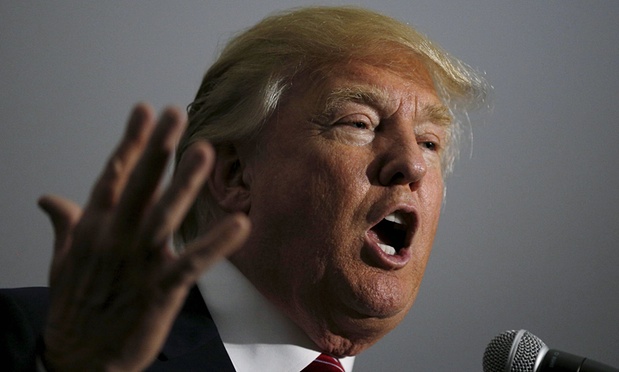
“Based on the factual record I have put forward, I am announcing today that we cannot and will not make this certification,” Trump said at a White House event as he unveiled a tougher strategy against Tehran.
Trump will also give the US Treasury Department broad authority to impose economic sanctions against people and entities in the Iranian military, the Iran Revolutionary Guard, in response to what Washington calls its efforts to destabilise and undermine its opponents in the Middle East.
IAEA chief confirms Iran complying with nuclear deal
Trump’s decision to decertify the nuclear deal will not withdraw the United States from the agreement, formally known as the JCPOA, which was negotiated by the US and other world powers during the administration of former president Barack Obama.
Trump will attempt to persuade the US Congress to approve some separate measures to toughen US policy toward Iran.
Tillerson acknowledged the strategy may not work.
Iran defends nuclear deal, warns Trump to respect it
“What we are laying out here is this is the pathway we think provides us the best platform from which to attempt to fix this deal,” he said. “We may be unsuccessful. We may not be able to fix it. And if we’re not then we may end up out of the deal.”
Trump’s move will put Washington at odds with other signatories of the accord, which include Britain, France, Germany, Russia, China, the European Union and Iran.
UK, Germany, France 'stand committed' to Iran deal
The leaders of Britain, France and Germany said they remain committed to the international nuclear deal with Iran after Trump refused to certify the agreement.
British Prime Minister Theresa May, French President Emmanuel Macron and German Chancellor Angela Merkel said they "stand committed to its full implementation by all sides," according to a joint statement released by May's Downing Street office.

1725967717-0/Untitled-design-(3)1725967717-0-165x106.webp)

1725275251-0/Untitled-design-(3)1725275251-0-165x106.webp)

1730545711-0/Untitled-design-(3)1730545711-0-270x192.webp)
1730545312-0/Express-Tribune-Web-(16)1730545312-0-270x192.webp)
1730537528-0/BeFunk_§_]-(26)1730537528-0.jpg)
1730540824-0/BeFunk_§_]-(28)1730540824-0.jpg)
1730541755-0/BeFunk_§_]-(29)1730541755-0.jpg)






COMMENTS (5)
Comments are moderated and generally will be posted if they are on-topic and not abusive.
For more information, please see our Comments FAQ